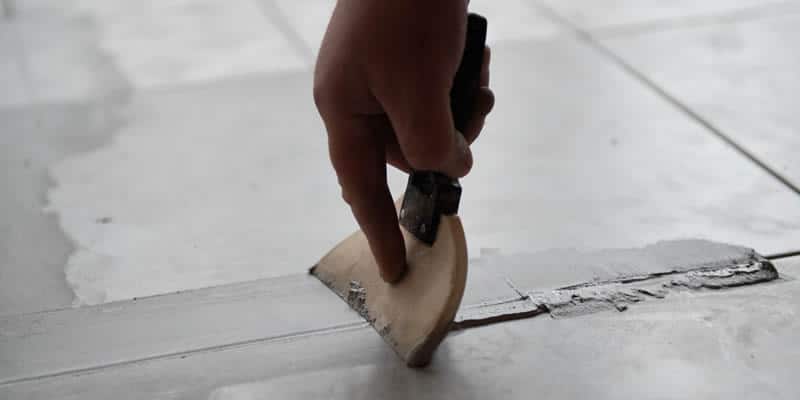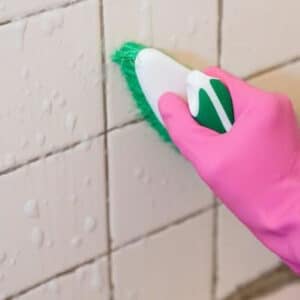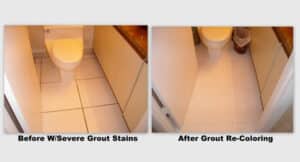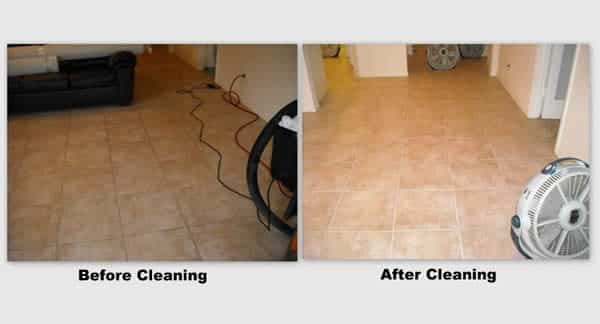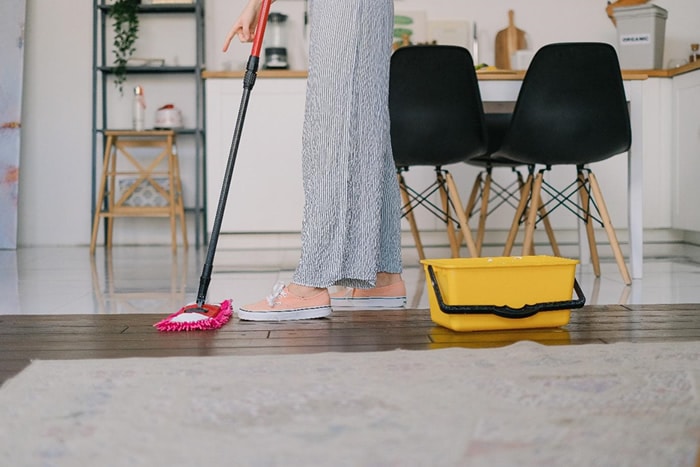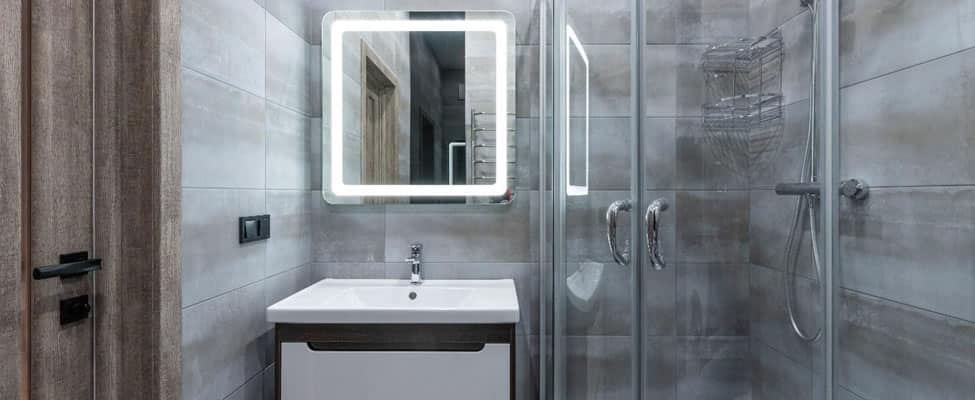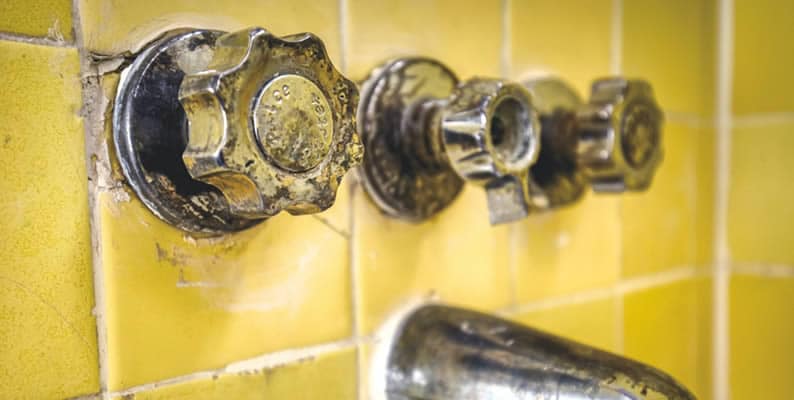You can keep your tile floors looking great with periodic maintenance proper care. The advantage of tile floors is that they are easy to clean up and look awesome. Hence, they are a fine choice for homeowners.
Tile floors have a surface that is normally more impervious to dirt, debris and grease than wood floors. However, you will have to clean them up regularly to keep dust and debris from getting embedded in the surface, which can make them look dull. Regular tile floor maintenance can help you do that.
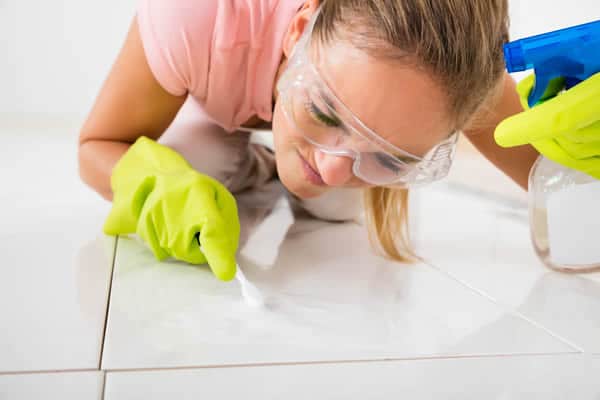
Keep Your Tile Floor Looking Great
One of the most important factors that can keep your tiles looking great is cleaning up any dirt or debris before it has a chance to take hold within the tile surface. Whenever there is a spill or your tiles get dirty for any reason, you should not wait. The longer you wait, the more time the dirt has to get firmly entrenched in the tile floor. Cleaning up such spills may require far more elbow grease and hard work later on.
As soon as there is any spill or dirty spot on your tiles, you should bring out the mop, a bucket of water, and some detergent to clean it up. You should test the detergent on a small inconspicuous spot to ensure that it will not damage the tile.
Regular Cleanup
Regular maintenance and cleaning will keep your tile floor pristine for a long time to come. Sweep, vacuum, and use a damp mop for cleaning up tile floors in your kitchen, bathroom, living space, and any other place in your house.
When you vacuum and sweep your tile floors daily, dirt will have fewer chances for settling and embedding deeply in the tile surface. A wet mop can help you to take out residual dust that may be left behind by the vacuum or broom.
You may also want to use cleaning products that your manufacturer has recommended for cleaning up your tile floor. Such products can help to maintain the luster, gloss and brilliance of your beautiful tile floor.
Do remember, though, that one of the best and safest cleaning liquids for your tile floor is good old-fashioned water.
Tile Floor Cleaning Caution
Although you might find tile cleaning techniques on the internet, you should be very cautious and skeptical of these methods since they employ harsh chemicals that may do a number to your beautiful tiles. You may find tile cleaning tips that involve the use of bleach and/or vinegar. A much safer option for your tiles is to contact a professional with years of experience and dedication to their credit.
Professional tile cleaning assistance can help your aging tile floor look as good as new. In particular, the professional can take care of grout that is often very hard to clean up.
You may be surprised at how great your tile floor looks when professionals clean up the tiles and grout. You will hardly be able to recognize your tile floor.
Interested in professional assistance to keep your tile floor looking great and as good as new?

